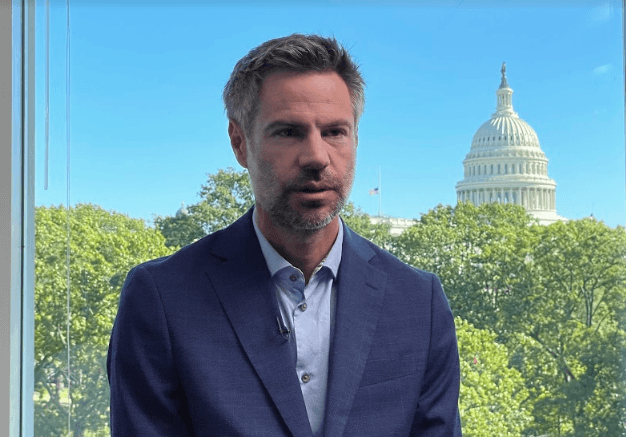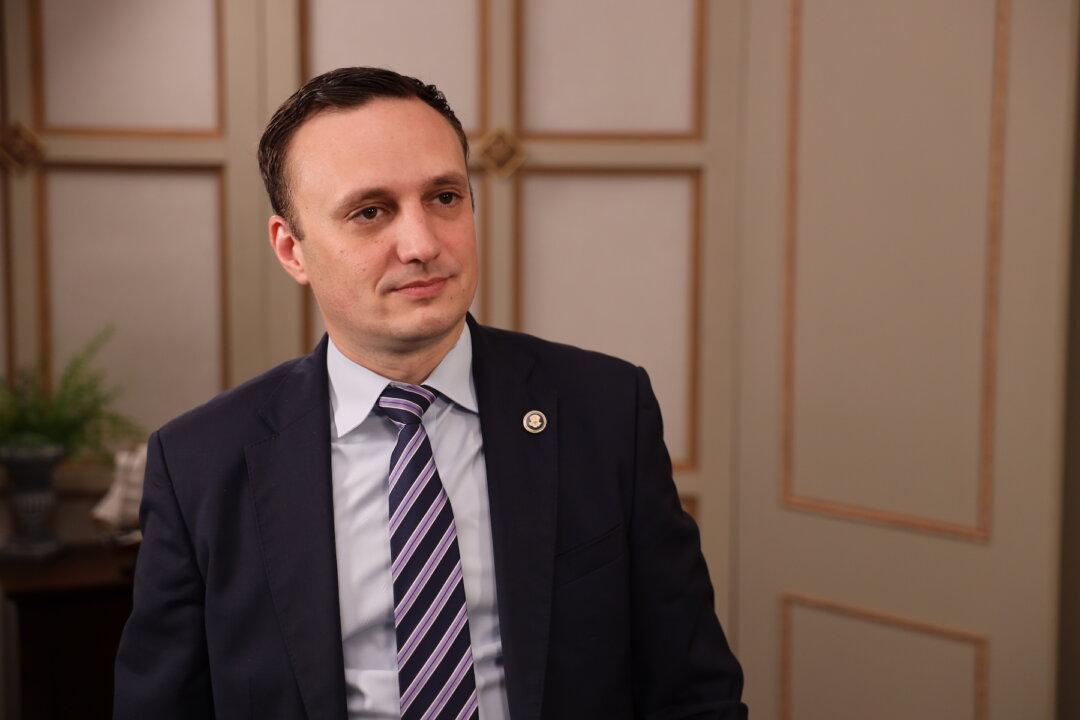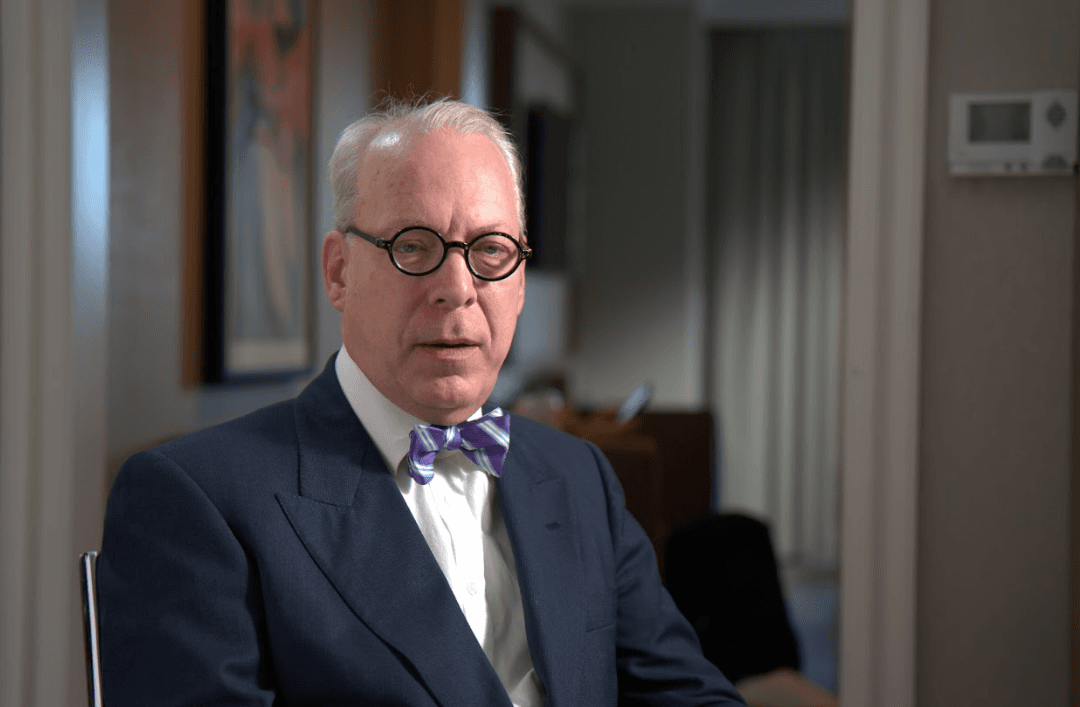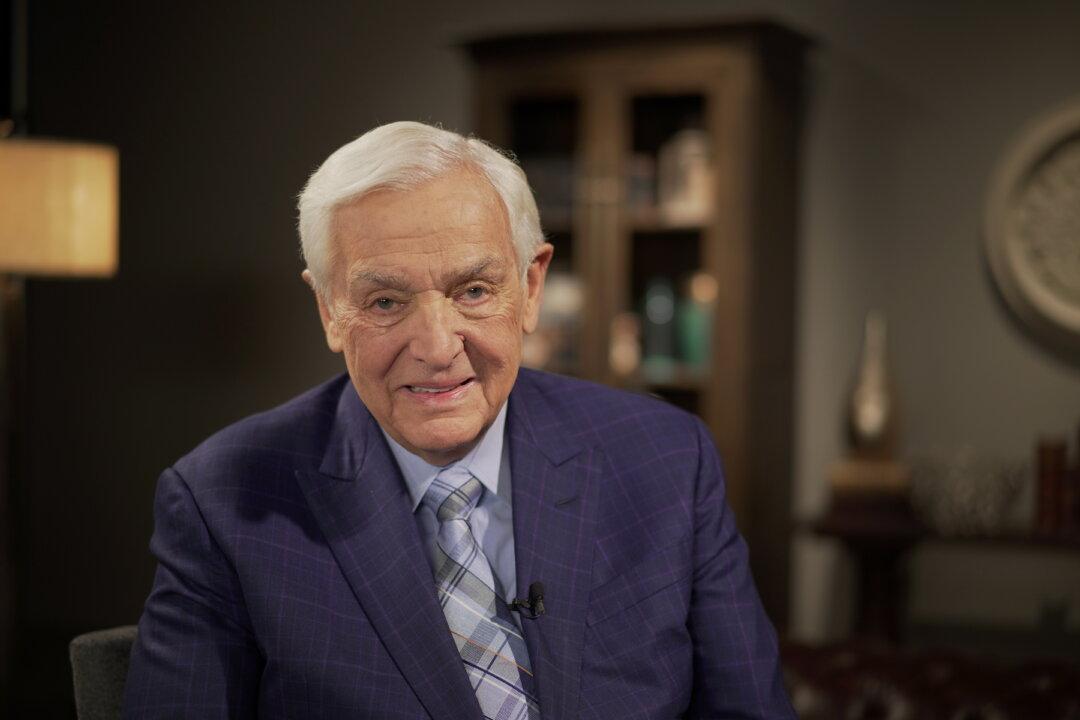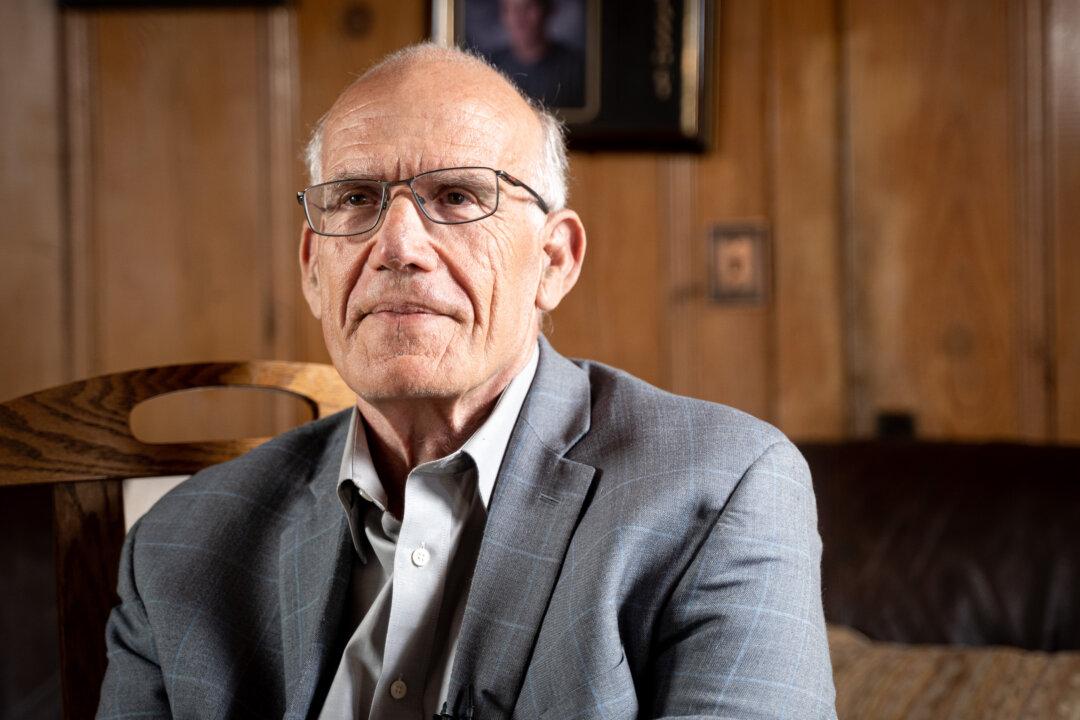Americans living in cities such as New York, Los Angeles, and San Francisco see first-hand on their streets the results of ideology and failed policies: the homeless encampments, skyrocketing crime, and open-air drug markets.
In a recent episode of “American Thought Leaders,” host Jan Jekielek discusses the causes and possible solutions to this ongoing ruination with Michael Shellenberger, author of “San Fransicko: Why Progressives Ruin Cities.”
